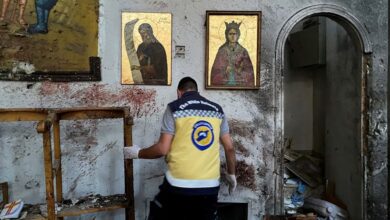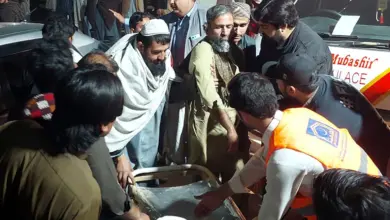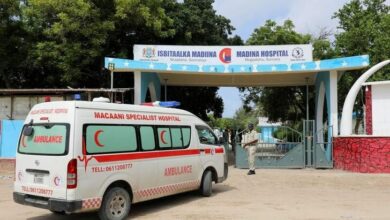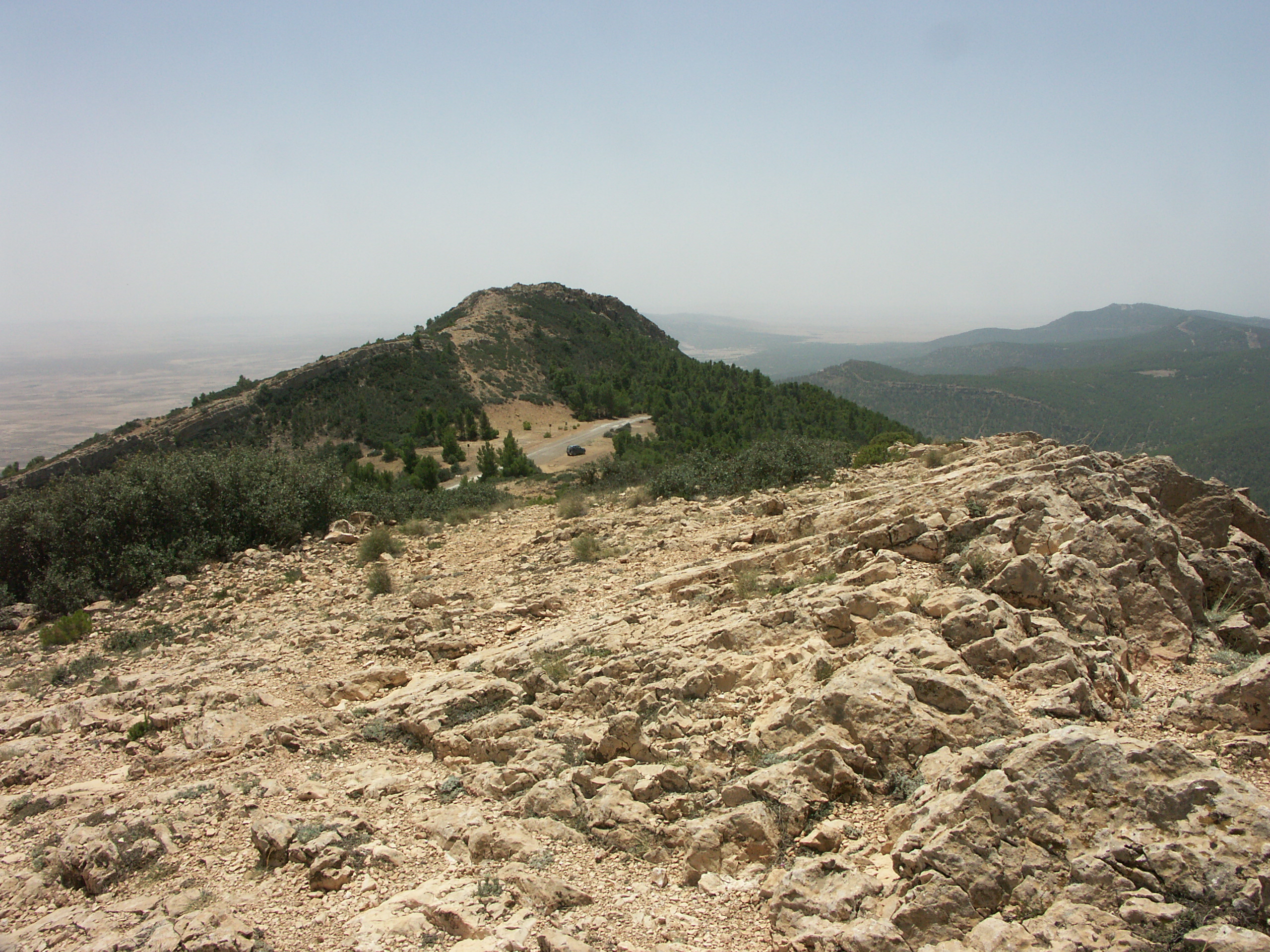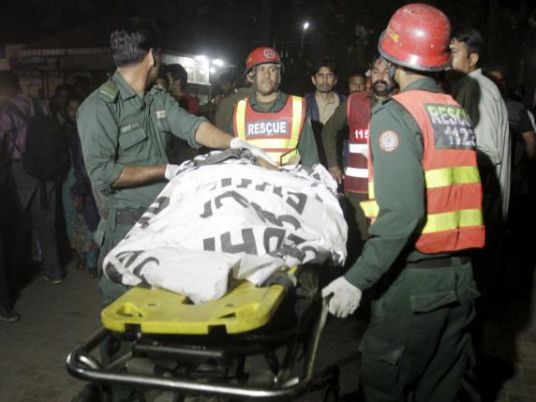
Pakistani authorities hunted on Monday for breakaway Taliban militants who once declared loyalty to Islamic State after the group claimed responsibility for an Easter suicide bomb targeting Christians, that killed at least 70 people.
The attack on Sunday evening in a busy park in the eastern city of Lahore, the powerbase of Prime Minister Nawaz Sharif, killed mostly women and children enjoying an Easter weekend outing. Pakistan is a majority-Muslim state but has a Christian population of more than two million.
It was the deadliest attack in Pakistan since the December 2014 massacre of 134 school children at a military run academy in the city of Peshawar that prompted a big government crackdown on Islamist militancy.
"We must bring the killers of our innocent brothers, sisters and children to justice and will never allow these savage inhumans to over-run our life and liberty," military spokesman Asim Bajwa said in a post on Twitter.
Jamaat-ul-Ahrar, a faction of the Pakistani Taliban, claimed responsibility for the attack late on Sunday night, and issued a direct challenge to the government.
"The target was Christians," said a faction spokesman, Ehsanullah Ehsan, said. "We want to send this message to Prime Minister Nawaz Sharif that we have entered Lahore."
Lahore is the capital of Pakistan's richest province, Punjab, and is seen as the country's political and cultural heartland.
Sharif's office condemned the blast as a cowardly act and said a response had been ordered, without elaborating.
Lahore, markets, schools and courts were closed on Monday as the city mourned.
Rescue services spokeswoman Deeba Shahnaz said at least 70 people were killed and about 340 were wounded, with 25 in serious condition.
The group has claimed responsibility for several big attacks after it split with the main Pakistani Taliban in 2014.
It declared allegiance to the Islamic State but later said it was rejoining the Pakistani Taliban insurgency.
Targets
Pakistan has been plagued by militant violence for the last 15 years, since it joined a US-led campaign against Islamist militancy after the September 11, 2001, al-Qaeda attacks on the United States.
While the army, police, government and Western interests have been the prime targets of the Pakistani Taliban and their allies, Christians and other religious minorities have also attacked.
Nearly 80 people were killed in a suicide bomb attack on a church in the northwestern city of Peshawar in 2013.
The security forces have killed and arrested hundreds of suspected militants under the crackdown launched after the 2014 Peshawar school massacre.
Militant violence had eased but they retain the ability to launch devastating attacks.
Pakistan's security agencies have long been accused of nurturing militants to use for help in pursuing security objectives in Afghanistan and against old rival India.
But some, like the Pakistani Taliban, have turned against the state. They are fighting to topple the government and install a strict interpretation of Islamic law.
Sharif's opponents have accused him of tolerating militancy in return for peace in his province, a charge he strongly denies.
Earlier on Sunday, hundreds of hard-line Muslim activists clashed with police in the capital, Islamabad, in a protest over the execution of a man they consider a hero for assassinating a governor over his criticism of harsh blasphemy laws.
Bodyguard Mumtaz Qadri Mumtaz shot dead Punjab governor Salman Taseer in 2011. Taseer, a prominent liberal politician, had spoken in support of a Christian woman sentenced to death under the law that mandates capital punishment for insulting Islam or the Prophet Mohammad. Qadri was executed last month.
There was no indication of a connection between the protest in Islamabad and the bomb in Lahore.

